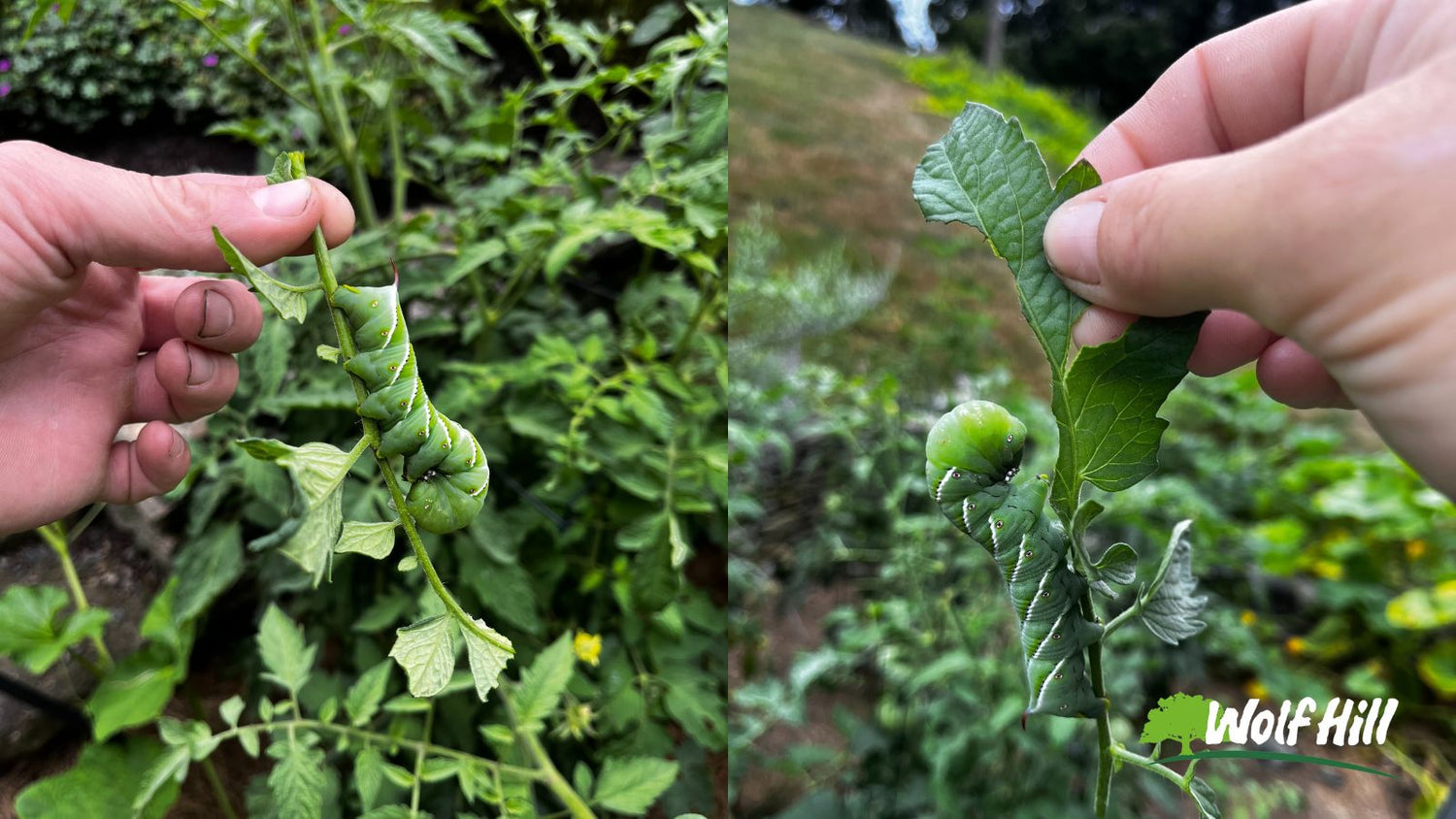Written by Nate Hopping, Ipswich Tree & Shrub Manager
With spring here, some of the most popular plants we see blooming are Rhododendrons and Azaleas. We often get a lot of questions about them, so I'd like to do some clarifying as well as some advocacy as I think they're great plants for many garden situations.
Let's first talk about what these two plants are. Phylogenetically (relating to how these plants evolved), they are nearly identical. They all belong to the Ericaceae family and are all in the genus Rhododendron. There do exist two subgenera: Tsutsui for evergreen Azaleas, and Pentanthera for deciduous ones.
So then, why have a different name? Well, it's more of a morphological descriptor used by early botanists and horticulturalists. At one point, Azalea was its own genus. Azaleas are typically smaller shrubs, with small, thin, oval leaves with 5 projecting stamens. Rhododendrons, by contrast, are usually larger with thick, long, paddle-shaped leaves and have 10 or more projecting stamens.
Depending on the species, or hybrid, and specific climate, there are several different blooming times, but most tend to be spring or early summer, with a few making it into mid-summer.
They, like most Ericaceous plants, love semi-moist, rich, humic soils. Some other members of this family for you to compare are Blueberries, Heather, Mountain Laurel, Bear-Berries, and Pieris (or Japanese Andromeda). They can typically tolerate shade in varying degrees as well.
Due to their shade tolerance, many foliage textures, flower colors, and sizes, both Azaleas and Rhododendrons make for wonderful additions to garden spaces, especially in forested areas. Most specimens can even tolerate more sun, so long as they are not hit directly by the 11 am-1 pm sun (the hottest and most direct period during the day), and their roots are kept moist. There are always exciting new cultivars being bred, so they never get stale in my opinion. There are new flower colors and sizes to fit any space. There are also several native species in the genus if hybrids and exotics aren't your thing.
At Wolf Hill, we try to carry a vast selection of these plants due to their versatility and appeal, so make sure if you're interested in learning more to ask our woody plant staff about them and their care.





